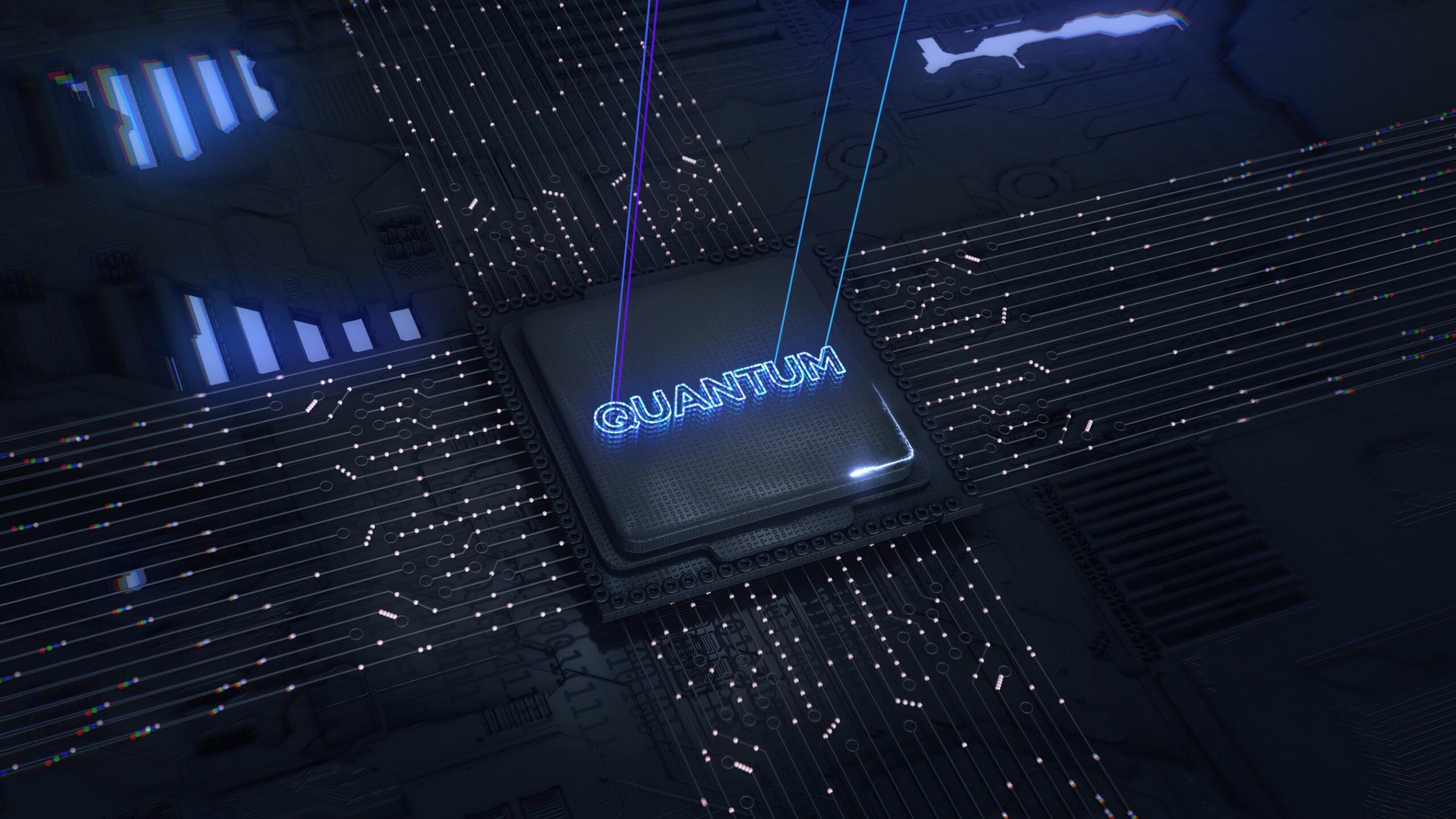This quantum computing stock still looks too hot to handle.
Rigetti Computing (RGTI -8.34%) has been a tough stock to hold over the past three years. The quantum computing company, which went public by merging with a special purpose acquisition company (SPAC) on March 2, 2022, started trading at $9.75, but eventually closed at a record low of $0.38 per share on May 3, 2023.
But on April 2, 2025, Rigetti’s stock trades at about $8.50 a share. A $1,000 investment in Rigetti at its all-time low would be worth nearly $22,400 today. Let’s see why Rigetti’s stock slumped and then soared, and whether it’s still worth buying after that impressive recovery.

Image source: Getty Images.
A “full stack” play on the quantum computing market
Traditional computers still store and process data in binary bits of zeros and ones. Quantum computers can store fractional values between zeros and ones in “qubits,” which allow them to process larger amounts of data at much faster rates.
That sounds like a massive leap forward for modern computing, but quantum computers are still much larger, more expensive, and consume more power than top-tier binary computers. They also output a higher ratio of data errors than their binary counterparts. Correcting a large volume of these errors is a key requirement for building truly usable quantum computers. As a result, quantum computers are still generally used for niche research applications.
However, newer quantum computing companies like Rigetti Computing want to rectify those issues with faster, cheaper, smaller, and more accurate quantum systems. Rigetti designs and manufactures its own quantum processing units (QPUs), builds full quantum computing systems, and hosts a cloud platform for developing quantum applications. That diverse mix of product and services makes Rigetti a one-stop shop — or a “full stack” play — on the nascent quantum computing market.
Why has Rigetti been such a volatile stock?
Before it went public, Rigetti claimed its revenue would reach $18 million in 2022, $34 million in 2023, and $73 million in 2024. It also claimed its adjusted earnings before interest, taxes, depreciation, and amortization (EBITDA) would improve from a $39 million loss in 2022 to a smaller $12 million loss in 2024.
But in 2024, Rigetti only generated $11 million in revenue and a negative adjusted EBITDA of $49 million. On a generally accepted accounting principles (GAAP) basis, it racked up a whopping net loss of $201 million. That disappointing growth trajectory — along with rising interest rates and the resignation of its founder Dr. Chad Rigetti from the CEO position in late 2022 — caused its stock to sink to its all-time low in May 2023.
What are Rigetti’s near-term plans?
But despite those challenges, Rigetti’s stock surged in the second half of 2024 as it rolled out new products and interest rates declined. Dr. Rigetti also stayed aboard to focus on the company’s product development after handing the CEO position over to Dr. Subodh Kulkarni, who previously led the 3D-sensing technology company CyberOptics.
Last December, Rigetti launched its Novera QPU, a 9-qubit commercial version of its quantum computer, for $900,000. It also launched its first 84-qubit Ankaa-3 quantum computing system, which can detect over 99% of its errors (its “median gate fidelity”), to support its own cloud-based services. Its customers now include big institutions like the Superconducting Quantum Materials and Systems Center, the Air Force Research Lab, and the Horizon Quantum Computing in Singapore.
This year, Rigetti aims to launch a modular quantum computing system (which links four of its 9-qubit chips) to create a 36-qubit system with a median gate fidelity of 99.5%. In 2026, it plans to deploy a nonmodular 100-qubit system with a median gate fidelity of 99.5%. Over the next few years, it aims to launch a more powerful 336-qubit system.
How much growth is priced into Rigetti’s stock today?
Assuming Rigetti achieves those ambitious plans to scale up its business, analysts expect its revenue to rise 27% to $14 million in 2025, 140% to $34 million in 2026, and 48% to $50 million in 2027. But with a market cap of $2.23 billion, Rigetti already trades at 45 times its projected sales for 2027. By comparison, industry peer IonQ (IONQ -11.40%) — which is expected to grow at a faster rate than Rigetti over the next three years — trades at just 19 times its estimated sales for 2027.
Therefore, Rigetti is priced for perfection at these levels — and it could be tough to deliver perfect results in this messy macroeconomic environment. It could also face tougher competition from big tech giants like Microsoft, Alphabet‘s Google, and IBM as they ramp up their development of even more powerful quantum computing chips and systems.
Moreover, Rigetti has increased its number of outstanding shares by 151% since its public debut with its secondary offerings and stock-based compensation. That dilution should continue as it raises more cash to cover its steep losses. Its insiders are also net sellers who sold nearly four times as many shares as they bought over the past 12 months.
Based on these facts, I wouldn’t touch Rigetti’s stock. It looks too much like a meme stock. Rigetti’s price could be cut in half (or more) and still be considered expensive.
Suzanne Frey, an executive at Alphabet, is a member of The Motley Fool’s board of directors. Leo Sun has no position in any of the stocks mentioned. The Motley Fool has positions in and recommends Alphabet, International Business Machines, and Microsoft. The Motley Fool recommends the following options: long January 2026 $395 calls on Microsoft and short January 2026 $405 calls on Microsoft. The Motley Fool has a disclosure policy.

